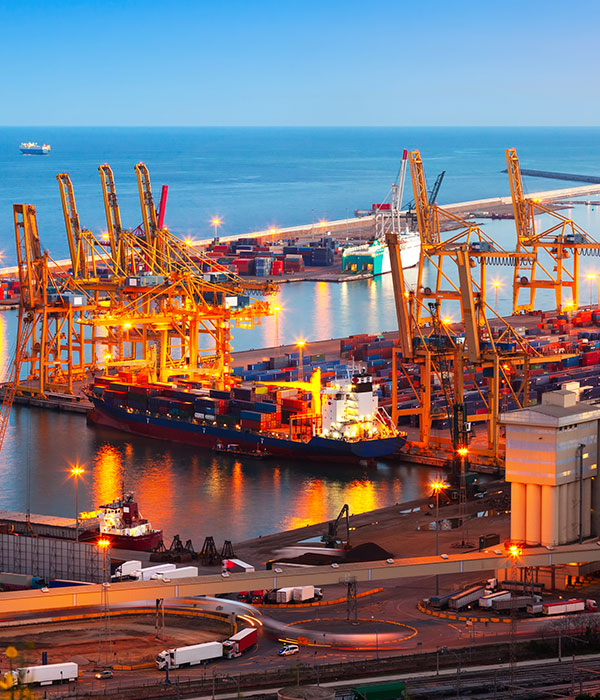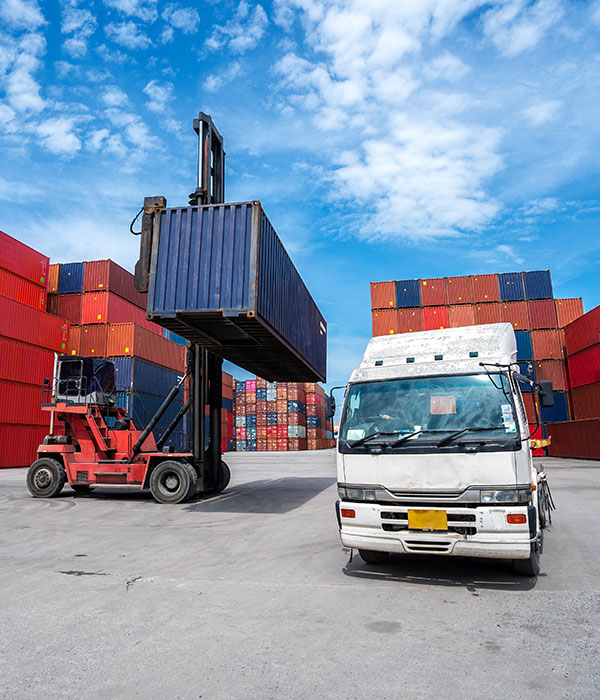Argentina has had its first national strike since 2019!
Argentina's trade unions, left-wing organizations and non-governmental economic organizations held a 12-hour nationwide strike against the new policies promulgated by President Milei after taking office. According to NABSA, Argentina's local maritime department, the strike on January 24th affected the operation of all ports in Argentina.
It was Argentina's first general strike since May 2019. Organizers said 500,000 people took part in the protest, including 100,000 police officers and 40,000 government workers. Banks, hospitals, public transport, garbage collection, postal services, ports and commercial aviation unions all joined the strike. Argentina's largest airline, Air Argentina, canceled 295 flights, affecting about 20,000 passengers.
According to a report in Spanish newspaper El Pais on January 24th, the General Confederation of Labor estimated that 80% of the members of the country (about 5 million people) followed the strike initiative. The union also estimated that 600,000 people in Buenos Aires participated in the demonstrations, while 1.5 million people participated in the marches all over the country.
In front of the Capitol, the marchers asked Congress to veto the Necessity and Emergency Act and the National Reform Act promulgated by the government in December last year, which are currently under consideration by Congress, and stipulate that 366 laws regulating different economic sectors should be amended or repealed.
After Milei became president, he introduced a series of "shock therapy" reforms aimed at saving the economy, with a view to reducing the fiscal deficit and controlling inflation. The new policies include reducing the number of government departments from 18 to 9, reducing government subsidies for energy and transportation, and stopping bidding for new public works. The new government also devalued the official exchange rate of Argentine peso from about 400 Argentine pesos to 800 Argentine pesos per dollar, and relaxed import controls.
Argentina's inflation rate reached 25.5% in December 2023 and 211.4% in 2023, both the highest since 1990, according to a report released on the 11st by the National Institute of Statistics and Census. Economy Minister Caputo said that inflation in Argentina will remain at a high level for some time to come.
阿根廷发生2019年以来首次全国大罢工!
阿根廷的各大工会、左翼组织和民间经济组织举行历时12小时的全国大罢工,反对该国总统Milei就任后颁布的各项新政。另根据阿根廷地方海事部门NABSA称,阿根廷1月24日罢工影响到所有港口的运营。
这是阿根廷2019年5月以来首次全国大罢工。组织方称,全国共有50万人参加抗议活动,其中有10万警察和4万政府工作人员。银行、医院、公交、垃圾收集、邮政、港口以及商业航空工会都加入了大罢工,阿根廷最大航司阿根廷航空取消了295架次航班,约2万名乘客受到影响。
据西班牙《国家报》1月24日报道称,劳工总联合会估计全国有80%的成员(约500万人)遵从罢工倡议。该工会还估计,布宜诺斯艾利斯有60万人参加了游行,而全国各地参加游行者达150万人。
在国会大厦前,游行人群要求国会否决政府于去年12月颁布的《必要性和紧急性法令》和《国家改革法案》,目前两项正在国会审议阶段,其中规定了修改或废除监管不同经济部门的366项法律。
Milei任总统以后,推出一系列旨在挽救经济的“休克疗法”改革措施,以期减少财政赤字和控制通胀。新政包括将政府部门由18个减少至9个、降低政府对能源和交通的补贴、停止新建公共工程招标等。新政府还把阿根廷比索官方汇率从1美元兑换约400阿根廷比索贬值至1美元兑换800阿根廷比索,并放松进口管制。
一系列新政策推出后,阿根廷物价出现大幅上涨。阿根廷国家统计与人口普查研究所11日发布报告称,该国2023年12月通胀率达25.5%,2023年累计通胀率达211.4%,双双创下1990年以来最高纪录。经济部长卡普托则表示,阿根廷通胀在未来一段时间仍将维持在较高水平。












